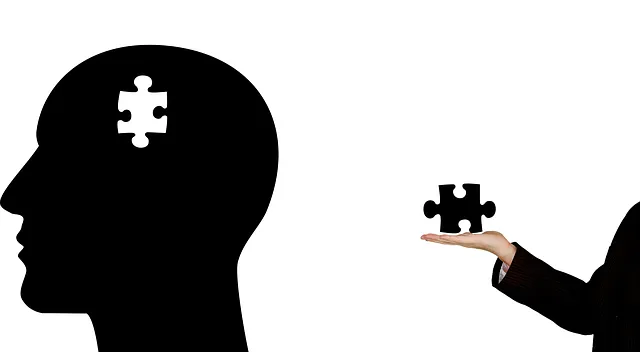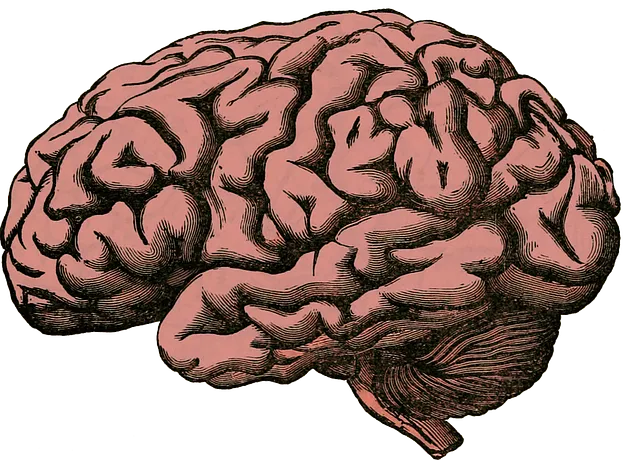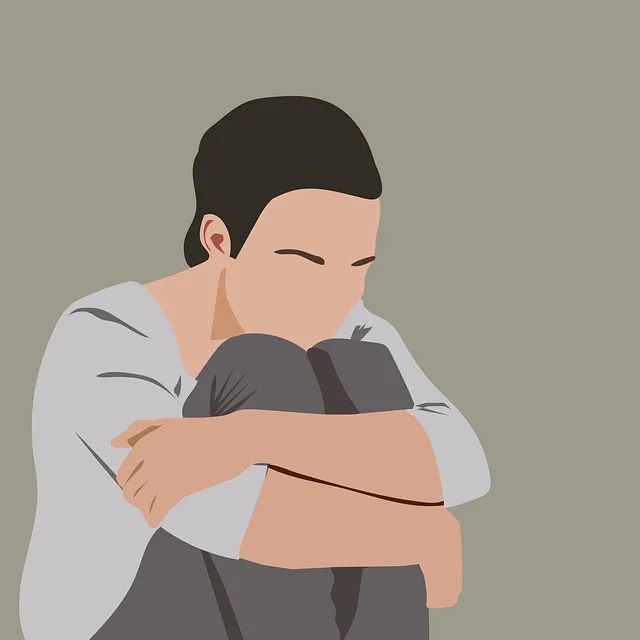Depression, a subtle yet profound mental health issue, requires professional intervention. Littleton Kaiser Permanente's specialized behavioral health services offer a comprehensive approach, combining evidence-based therapies, trauma support, group therapy, counseling, and holistic strategies for prevention. Adopting healthy lifestyle changes like nutrition, exercise, and sleep routines, along with building a strong social support network, are key components of their program. Research highlights the effectiveness of these services in managing depression, emphasizing the importance of professional care, mood management techniques, and tailored risk mitigation plans for long-term well-being.
Depression is a prevalent yet manageable condition that affects millions. This article explores effective strategies to prevent and combat depression, emphasizing the crucial role of early intervention and holistic care. We delve into recognizing subtle signs and symptoms, highlighting the expertise of Littleton Kaiser Permanente Behavioral Health Services in providing comprehensive prevention programs. Additionally, we cover lifestyle adjustments, social connections, and when to seek professional help, offering practical insights for fostering mental well-being.
- Understanding Depression: Recognizing the Signs and Symptoms
- The Role of Littleton Kaiser Permanente Behavioral Health Services in Prevention
- Lifestyle Changes for Mental Well-being: Diet, Exercise, and Sleep
- Social Connection and Support Networks: Building a Strong Foundation
- Professional Help and Therapy: When to Seek Support
Understanding Depression: Recognizing the Signs and Symptoms

Depression is a complex mental health condition that significantly impacts an individual’s daily life and overall well-being. Recognizing the signs and symptoms is a crucial first step in preventing and managing this illness. Many people struggle with depression without realizing it, as the symptoms can be subtle or easily attributed to other factors. Common indicators include persistent feelings of sadness, loss of interest in activities once enjoyed, changes in appetite and sleep patterns, fatigue, difficulty concentrating, and, in severe cases, thoughts of self-harm.
Littleton Kaiser Permanente’s behavioral health services offer specialized support for individuals experiencing these symptoms. They provide resources and tools to help people navigate the complexities of depression, focusing on evidence-based treatments such as cognitive-behavioral therapy and mindfulness practices. Additionally, Trauma Support Services within the organization are vital in addressing the root causes of depression, especially when underlying trauma contributes to emotional distress. By implementing stress management techniques and fostering mental wellness, individuals can better cope with life’s challenges and reduce the risk of developing depressive disorders.
The Role of Littleton Kaiser Permanente Behavioral Health Services in Prevention

Littleton Kaiser Permanente Behavioral Health Services plays a pivotal role in depression prevention by offering specialized care and resources tailored to individual needs. Their comprehensive approach integrates empathy-building strategies, promoting positive thinking as a foundational coping skill. By fostering an environment of understanding and support, patients are equipped with valuable tools to navigate life’s challenges.
Through group therapy sessions, individual counseling, and evidence-based programs, the services focus on empowering individuals to develop resilience and effective coping mechanisms. This holistic approach not only addresses symptoms but also prioritizes long-term well-being by teaching practical strategies for stress management, emotional regulation, and enhancing overall mental fortitude.
Lifestyle Changes for Mental Well-being: Diet, Exercise, and Sleep

Maintaining a healthy lifestyle is an essential component of depression prevention and can be a powerful tool alongside professional support from Littleton Kaiser Permanente behavioral health services. Simple yet effective changes in diet, exercise, and sleep habits can significantly impact mental well-being.
A balanced diet, rich in nutrients, supports brain function and overall health. Incorporating Mind Over Matter principles through mental wellness coaching programs development can help individuals make healthier food choices. Regular physical activity is another powerful weapon against depression; it stimulates the release of endorphins, improves mood, and reduces stress. Cultural sensitivity in mental healthcare practice ensures that these interventions cater to diverse needs, making them accessible and beneficial for all. Adequate sleep is crucial for emotional regulation, so establishing a consistent sleep routine can help prevent depressive episodes.
Social Connection and Support Networks: Building a Strong Foundation

Having a strong social support network is one of the most effective depression prevention strategies. According to research conducted by Littleton Kaiser Permanente behavioral health services, individuals with robust social connections are less likely to experience depressive episodes. Building and maintaining meaningful relationships can provide a sense of belonging and purpose, which are crucial for mental wellness. Engaging in regular social activities, joining community groups, or participating in support networks like peer-to-peer programs can help foster these connections.
Littleton Kaiser Permanente behavioral health services also highlights the importance of Social Skills Training in enhancing mood management. By improving communication and interpersonal abilities, individuals can better navigate relationships, express their feelings, and seek help when needed. Additionally, Mental Wellness Coaching Programs Development offers personalized guidance to cultivate healthy habits, manage stress, and promote overall mental wellness. These initiatives collectively contribute to a robust foundation for preventing depression and nurturing lasting well-being.
Professional Help and Therapy: When to Seek Support

Depression is a serious mental health condition that requires proper attention and care. One of the most effective ways to prevent and manage depression is by seeking professional help. At Littleton Kaiser Permanente behavioral health services, experts are equipped with the necessary tools and resources to assist individuals dealing with depressive episodes.
Knowing when to reach out for support is crucial. If you or someone close to you experiences persistent feelings of sadness, loss of interest in activities once enjoyed, changes in appetite or sleep patterns, fatigue, difficulty concentrating, or thoughts of self-harm, it’s essential to consider therapy and mood management techniques. Risk management planning for mental health professionals can be tailored to individual needs, focusing on building resilience and coping strategies to prevent relapse.
Depression is a serious but treatable condition, and preventing it can be as simple as adopting healthy lifestyle changes. By recognizing the signs early and seeking appropriate support from professionals like Littleton Kaiser Permanente Behavioral Health Services, individuals can take proactive steps towards maintaining mental well-being. Incorporating regular exercise, a balanced diet, sufficient sleep, and building strong social connections are all effective strategies to bolster resilience against depression. Additionally, therapy and professional help play a crucial role in managing and preventing severe episodes. With the right tools and support, fostering mental health can be a holistic process that enhances overall quality of life.






